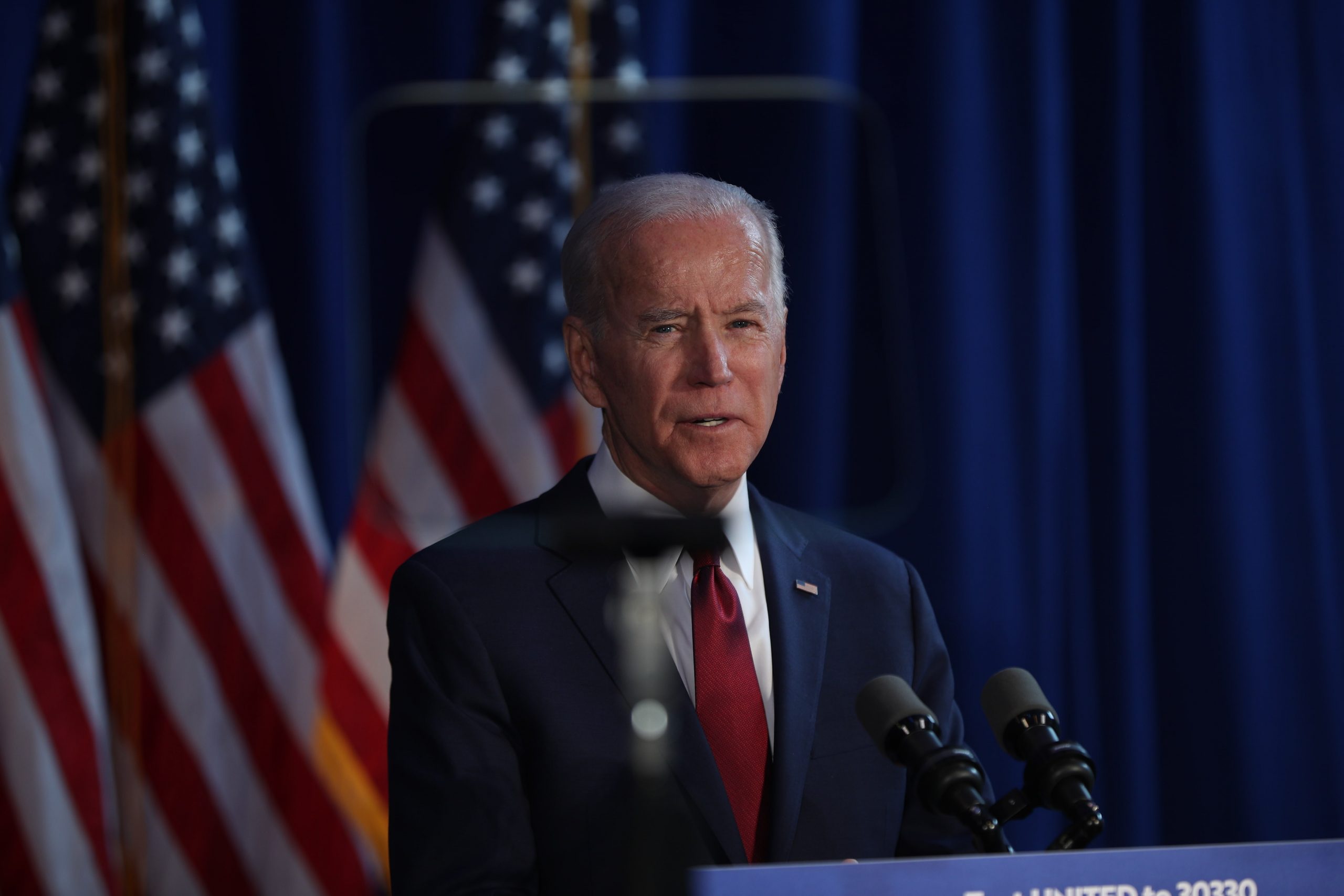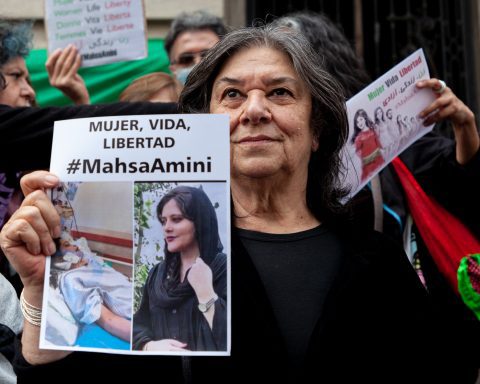On 23 February, Iran’s Envoy to the International Atomic Energy Agency (IAEA) Kazem Gharibabadi announced that it ended the implementation of the Additional Protocol set by the Non-Proliferation Treaty (NPT), which envisions the IAEA to carry snap inspections within nuclear sites in Iran. Tehran had indicated last week that it would do so if the US did not lift its sanctions on the country that it implemented when it withdrew from the Joint Comprehensive Plan of Action (JCPOA) under the Trump administration, in 2018. While the strong stance of both countries in the past few weeks indicate that the reconciliation between the US and Iran looks increasingly unlikely, there is still room for things to recalibrate for the better.
Initial statements from the new US President Joe Biden after his inauguration on 20 January did give promising signs for the US’ return to the JCPOA. Furthermore, the appointment of Antony Blinken as the new Secretary of State and Robert Malley as the US Envoy to Iran gave increasing signs for cooperation within the context of the nuclear deal. Malley’s appointment, who also served under the Obama administration as the lead negotiator for the nuclear deal in 2015, was considered as an American signal to return to the JCPOA and cooperation with Iran. So much so that the appointment was greeted with huge concern by Israel, which had always been against the JCPOA throughout its inception. Thus, Israeli officials considered his appointment as a signal of potential relaxation towards Tehran.
However, the positive atmosphere revolving around the whole issue would soon begin to disappear. A statement from Secretary of State Antony Blinken underlined that the Biden administration will go through with its pledge to rejoin the JCPOA, if Iran complies with its obligations under the nuclear deal. This statement was immediately met with a strong response from Iran’s Foreign Minister Javad Zarif, who argued that the US should be taking the first steps in reviving the nuclear deal considering it was the member that withdrew from the agreement in the first place. What followed became a constant war of words between Washington and Tehran over who should take the first steps in this reconciliation, which has been continuing ever since.
It would be wrong to say that both sides have not tried to lower the tensions between each other during this whole sequence of events. Iran has attempted to bring mediation into the issue, when the Iranian Foreign Minister pointed out Josep Borrell, the EU’s High Representative for Foreign Affairs and Security Policy, as a possible mediator to address the issues of both sides and establish a mechanism in order to coordinate between both countries. However, this was ignored by the US which indicated it will not shift its stance on this issue, as announced by the Spokesman of the State Department Ned Price. Soon after, a brief silence ensued which was broken after a report was released by the IAEA.
On 10 February, Rafael Grossi, the IAEA’s Director General, informed member states of the JCPOA about Iran’s activities with regards to the production of uranium metal in its recent report, which was regarded as a breach of the nuclear deal. European members of the JCPOA (E3) swiftly condemned Iran’s production of uranium metal in a joint statement, which Tehran rejected by indicating its actions to be in line with Paragraph 36. This war of words between both parties only broadened further when the German Foreign Minister Heiko Maas’ warning towards Iran on 19 February further divided the bonds between the E3 states and Tehran.
Currently, the situation of the US-Iran dispute on the future of the JCPOA stands at a standstill, but with a prospect for reconciliation between the two countries. The best statement describing the current state of the talks is arguably the one that came from Iran’s Supreme Leader Ayatollah Khamenei, which demanded the US to execute ‘actions, not word’ when it came to the revival of the JCPOA. It would be unfair to say this statement only applies in the context which Khamenei meant it to be. It is important that the solution comes from actions taken by both countries. So far, words have failed in bringing a solution to the issue at hand. In fact, it has only managed to aggravate the entire situation to what it is at this moment in time. However, Tehran’s move to block the IAEA snap inspection is the first action within the period concerned. Time will tell if further actions will follow and lay the foundations for resolving the issue at hand.














